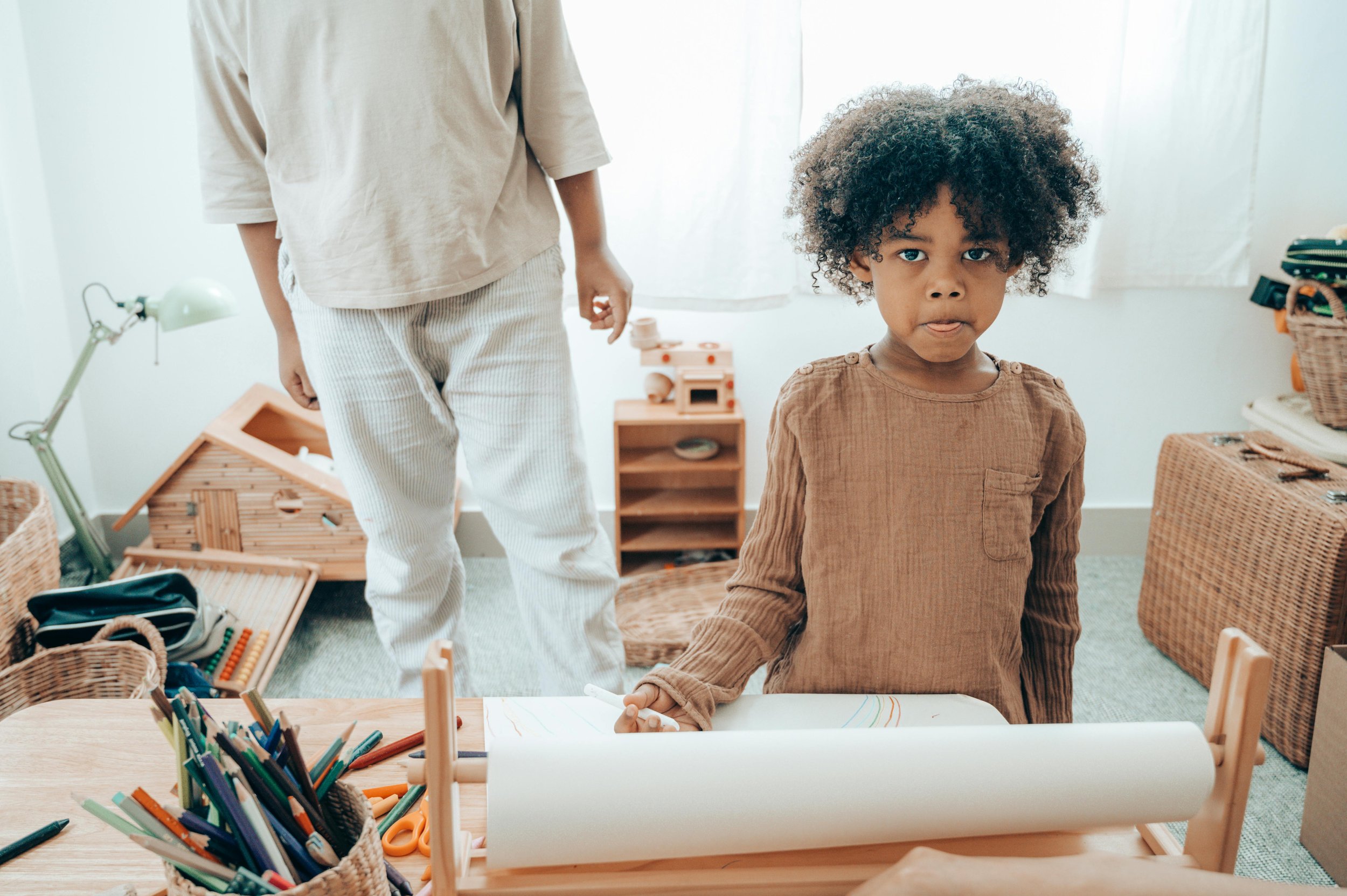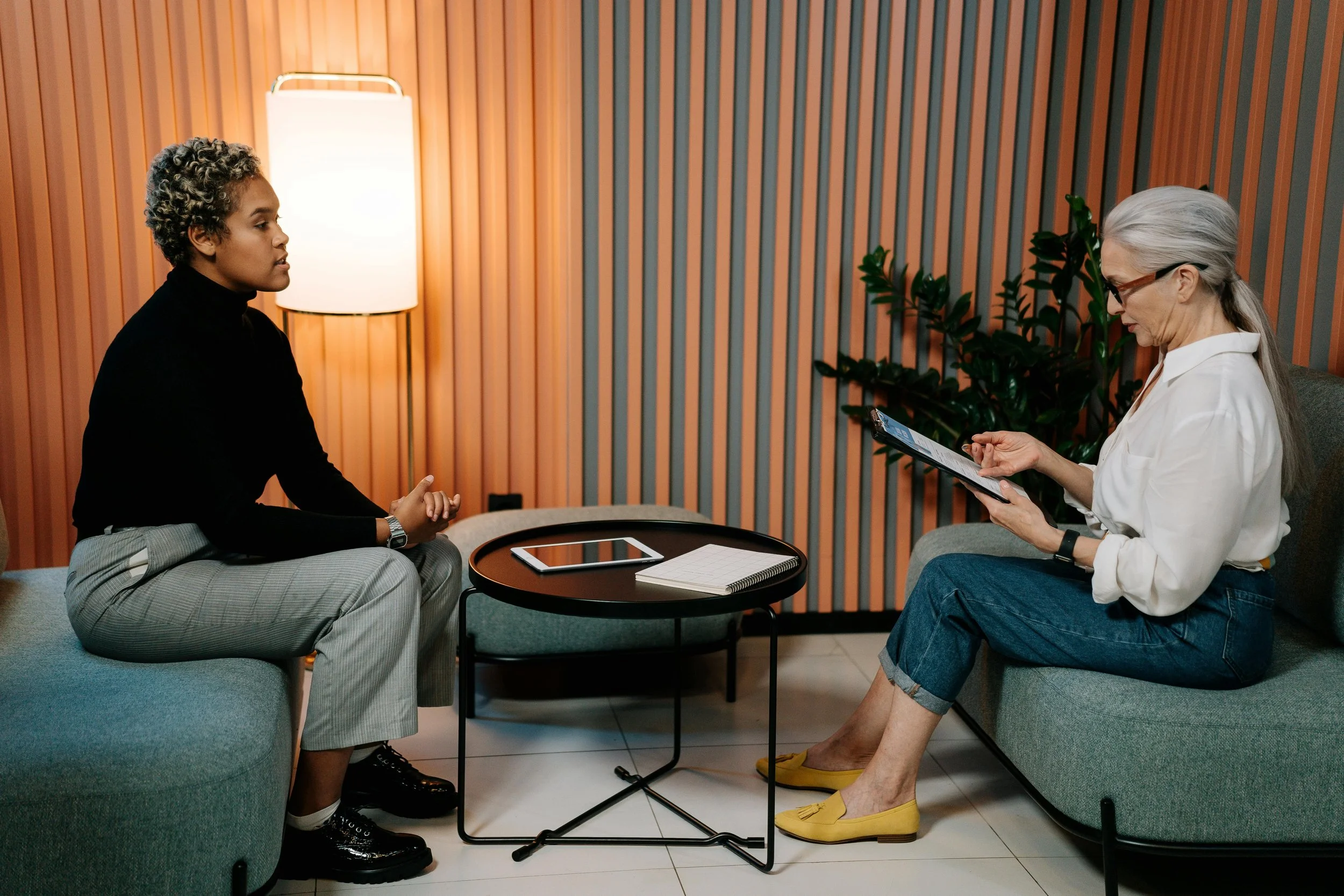
Whatever it is, the way you tell your story online can make all the difference.
Our services.
-
In-Home ABA Therapy In Philly/PA
We offer In-Home ABA therapy services in Philadelphia, PA to address a wide range of behavioral challenges. Our clinicians provide care to our clients and support their families to ensure successful mastery of important skills.
-
What is Home-Based ABA Therapy?
At-home ABA therapy provides your child with a familiar, safe environment in which to grow and develop. The skills mastered in therapy will carry over into other settings, enabling your child to thrive wherever they are.
-
Benefits of In-Home ABA Therapy
Comfortable Environment - Applied behavior analysis at home offers therapy sessions in the familiar surroundings of your home.
Personalized Routines - Enhanced learning through consistent routines.
Family Involvement - Increased participation and collaboration from family members.
Natural Learning - Skills learned in real-life settings enhance generalization.
Flexible Scheduling - Convenient session times that fit your family's needs.
Individual Attention - One-on-one therapy tailored to your child's unique needs.
-
In-Home ABA Therapy, Powered by Technology
Unity ABA NeuroTech Network delivers personalized autism therapy directly to your home. Our tech-driven approach combines evidence-based ABA services with engaging digital tools to help children build meaningful skills in a familiar, supportive environment.
With our Home Based ABA therapy interventions we address concerns regarding:
Pragmatic Language
Language Acquisition
Sensory Processing
Self-Injurious Behaviors
Social Skills
Personal Care Skills
How long does autism therapy at home typically last?
ABA therapy at home often ranges from 20 to 40 hours per week, with each session lasting between 1 to 3 hours. The duration varies based on the child's specific needs and therapy goals. Consistency is critical, and maintaining regular sessions is essential for effective ABA therapy.
FAQ’s
Can applied behavior analysis at home be tailored to my child's needs?
Yes, ABA therapy at home is highly customizable. Our therapists tailor interventions, set individualized goals, and adjust strategies as progress is made. Our therapists will work closely with you to ensure that the ABA plan meets your child’s needs for optimal outcomes.
Why is home-based ABA therapy essential?
Home-based ABA therapy is crucial for children with autism spectrum disorder. Conducting ABA therapy at home provides a natural and familiar environment, which enhances skill acquisition. Using the home setting, applied behavior analysis at home focuses on developing skills within the child’s daily routines, making therapy sessions more relevant and meaningful.
What are the signs of ASD in children?
Children with ASD may show signs such as delayed speech, repetitive behaviors, and difficulties with social interactions. They often struggle with changes in routines and can be sensitive to sensory stimuli. Some display an intense focus on specific interests and challenges with understanding emotions. Early signs include limited eye contact and delayed language development. Identifying these signs early allows for timely intervention, such as autism therapy at home, to address each child's unique needs.
What should I do if I don't see immediate progress?Patience and consistency are crucial. Stick to the ABA therapy at-home plan and maintain open communication with your therapist to make adjustments as needed. Celebrate small achievements, knowing that progress takes time in home-based ABA therapy.
A TYPICAL ABA SERVICE DAY
A TYPICAL ABA SERVICE DAY
Unity ABA NeuroTech Network: In-Home and Telehealth Services Program Overview
Types of Interventions That Will Be Used Unity ABA NeuroTech Network utilizes evidence-based Applied Behavior Analysis (ABA) interventions tailored to each client’s individual treatment plan. Core interventions include:
Discrete Trial Training (DTT)
Natural Environment Teaching (NET)
Functional Communication Training (FCT)
Task Analysis and Chaining
Prompting and Prompt Fading
Differential Reinforcement
Behavior Reduction Protocols
Social Skills Training
Technology-assisted learning using tablets and custom digital programs
Each intervention is selected and delivered under the supervision of a licensed Board Certified Behavior Analyst (BCBA) and implemented by trained Registered Behavior Technicians (RBTs).
Generalization of Goals and Interventions to the Home and Community Generalization is embedded in all treatment plans. Unity ABA therapists:
Conduct skill probes in the child’s natural home and community environments
Assign structured parent-led activities to promote skill maintenance
Provide parent training and reinforcement strategies to ensure consistency across settings
Use digital platforms to track generalization success and update treatment goals
Collaborate with educators and community service providers when relevant
Typical Weekly Treatment Model for In-Home and Telehealth Clients Unity ABA provides one-to-one ABA therapy sessions for 2-5 hours per session, totaling 10-40 hours per week. Sessions are delivered Monday through Friday and may occur in the client’s home or via secure telehealth platform depending on family preference and clinical recommendation. The exact number of hours is individualized and depends on child’s specific needs, goals, and progress.
Sample Weekly Breakdown (Ages 2-11)
Monday through Friday: Four 1-hour sessions per day
Each session may include a mix of DTT, NET, communication training, and digital learning activities
Parents receive a weekly summary and coaching during designated time slots
Group Engagement & Socialization Events In addition to individualized sessions, Unity ABA NeuroTech Network hosts structured group sessions and coordinated social playdates. These events include up to 11 clients and are designed to foster peer interaction, social communication, cooperative play, and generalization of treatment goals. Events are supervised by trained staff and scheduled regularly by our administrative team.
Family and Caregiver Involvement
a. Families and caregivers are involved in the assessment process through home observations, interviews, and questionnaires about the child’s typical routines and behaviors. b. Caregivers receive ongoing training related to their child’s treatment goals, including practical demonstrations, role-playing, and guided practice to support implementation at home and in the community. c. Unity ABA works with families during transition planning to ensure a smooth shift from intensive services to natural settings, helping reinforce skill maintenance and future goal setting.
Monitoring Progress and Transition Criteria Progress is monitored through:
Weekly data analysis and review by the assigned BCBA
Monthly written progress reports shared with families and case managers
Regular caregiver check-ins to discuss success in the home and community
Utilization of validated tools such as the VB-MAPP, ABLLS-R, and other criterion-based assessments
Transition from center-based or one-to-one services to group or home-only models is considered when:
Treatment goals are mastered across multiple environments
Target behaviors have decreased in intensity and frequency
Skills are maintained and generalized over time
Families are equipped to independently support their child’s behavior plan
Group service participation is encouraged for clients who show readiness for peer interaction and benefit from community-based social opportunities.
Workshops & Social Skills Events.
We host engaging, therapist-led workshops and events designed to support skill development, play, and social growth.
Group size: Up to 11 children
Supervised by BCBAs and trained behavior technicians
Ideal for social skills, school readiness, and peer interaction
Held in a safe sensory-friendly environment
Interested in upcoming events? Contact us for the latest schedule or to join our interest list.


